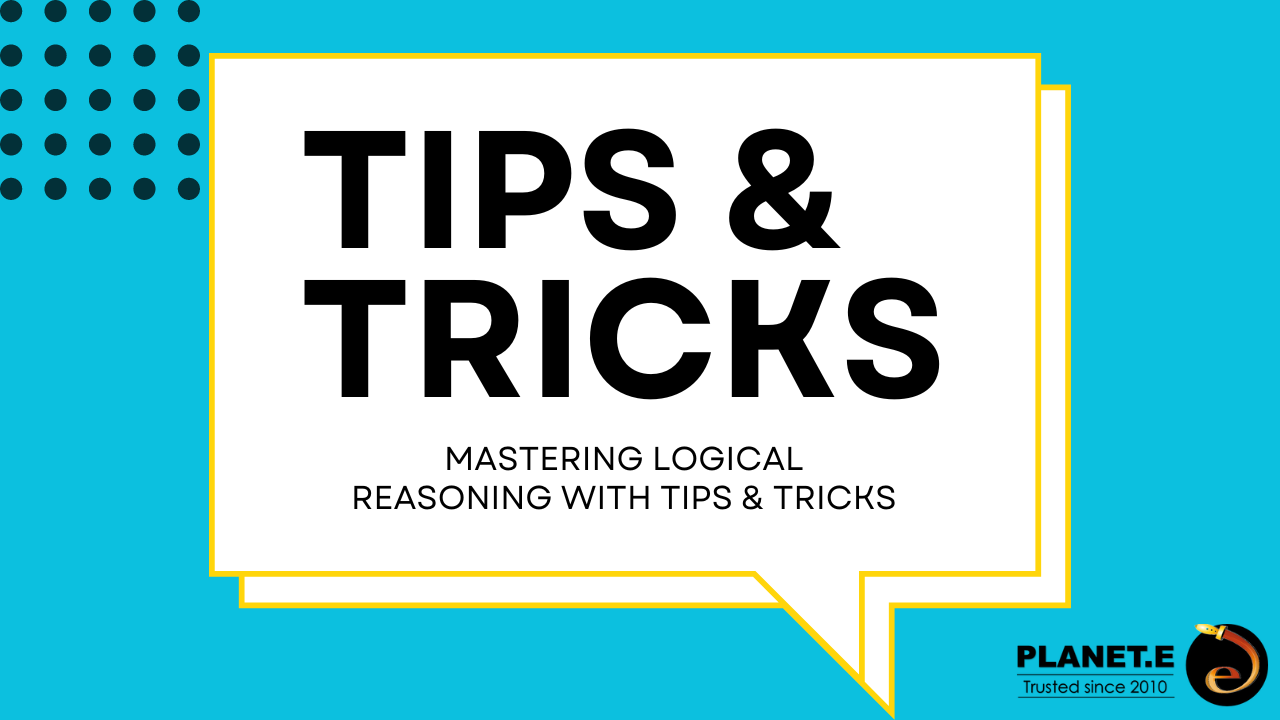The law thrives on logic and reasoning. So, it’s no surprise that law entrance exams heavily test your ability to think critically and analyze information. But fear not, mastering logical reasoning for your law entrance exam is within reach. This blog equips you with powerful strategies to conquer this section and confidently step into the legal arena.
Why is Logical Reasoning Important for Law School?
Logical reasoning is the foundation of strong legal thinking. Lawyers analyze complex situations, identify legal issues, and construct persuasive arguments. By mastering logical reasoning, you develop the critical thinking skills to excel in law school and your legal career.
Mastering the Fundamentals (law entrance exams)
Before diving into complex problems, let’s solidify the basics. Logical reasoning questions often involve:
- Identifying Assumptions and Conclusions: An argument is built on assumptions (underlying beliefs) that lead to a conclusion. Example: “If it rained today, the streets will be wet. The streets are wet. Therefore, it rained today.” (Assumption: Rain makes the streets wet. Conclusion: It rained today.)
- Recognizing Flaws in Reasoning: Flawed reasoning can lead to incorrect conclusions. Learn to identify common errors like hasty generalizations or circular arguments.
Click here to read Last minute tips to ace you MH CET Law entrance exam
Demystifying the Logical Reasoning Beast: Common Question Types (law entrance exams)
Law entrance exams often feature various logical reasoning question types. Here’s a breakdown of some common ones:
Question Type |
Description |
Example |
Syllogisms |
Identify the logical relationship between two statements and a conclusion. | Statement 1: All lawyers are critical thinkers. Statement 2: Sarah is a lawyer. Conclusion: Therefore, Sarah is a critical thinker. |
Arrangements |
Determine the order or position of objects based on given rules. | Three friends, A, B, and C, are sitting on a bench. A is not sitting next to B. Who is sitting in the middle? |
Blood Relations |
Identify relationships between family members based on clues. | If X is the daughter of Y’s brother, how is X related to Y? |
Assumptions & Inferences |
Distinguish between what is explicitly stated and what can be logically inferred. | The statement says, “It rained yesterday.” Can we infer the ground is wet? |
Tip: Familiarize yourself with the specific question types your target law entrance exam favors. Most resources categorize questions by type, allowing you to focus your practice.
Click here to read Daily Current Affairs
Sharpening Your Skills: Tips and Tricks
- Practice Makes Perfect: Dedicating time daily to solve practice questions is key. Many resources offer law entrance exam-specific logical reasoning question banks.
- Embrace Diagramming: Complex scenarios can be broken down visually using diagrams like Venn diagrams or flowcharts.
- Time Management is King: Law entrance exams often have time constraints. Practice managing your time effectively during practice sessions. Allocate specific time slots for each question.
- Learn from Your Mistakes: Don’t just solve questions; analyze them! Understand why an answer is correct and how you arrived at an incorrect answer.
Examples in Action: Putting Theory into Practice (law entrance exams)
Let’s look at an example to illustrate these tips.
Statement: All doctors wear white coats. Dr. Smith is wearing a white coat.
Question: Can we conclude Dr. Smith is a doctor?
Logical Reasoning Breakdown:
- Active Reading: We identify the key information – doctors wear white coats, Dr. Smith has a white coat.
- Identify the Flaw: The statement establishes a general rule, not a guarantee. Someone who isn’t a doctor could be wearing a white coat.
Answer: No, we cannot definitively conclude Dr. Smith is a doctor based solely on the white coat.
Tip: Practice identifying the flaw in the reasoning behind the answer choices.
Conclusion:
Logical reasoning may seem daunting at first, but with focused practice and the right strategies, you can conquer this section of your law entrance exam. Remember, consistency is key. Regularly challenge yourself with practice questions, analyze your mistakes, and refine your approach. By mastering logical reasoning, you’ll not only ace the exam but also develop valuable critical thinking skills for a successful legal career.
So, future lawyers, go forth and conquer those logical reasoning challenges!
Ready to Join the CLAT Club Thane Family?
We are located conveniently at,
CLAT CLUB – A unit of Planet E
Address: Unit 1, Office no 3&4, 1st Floor, Siddharth Tower, Ambedkar Chowk, Jambli Naka, Thane West, Mumbai 400601
Take that first step towards your legal dream – Contact us today!
Remember, with CLAT Club Thane, success is just a case study away!








